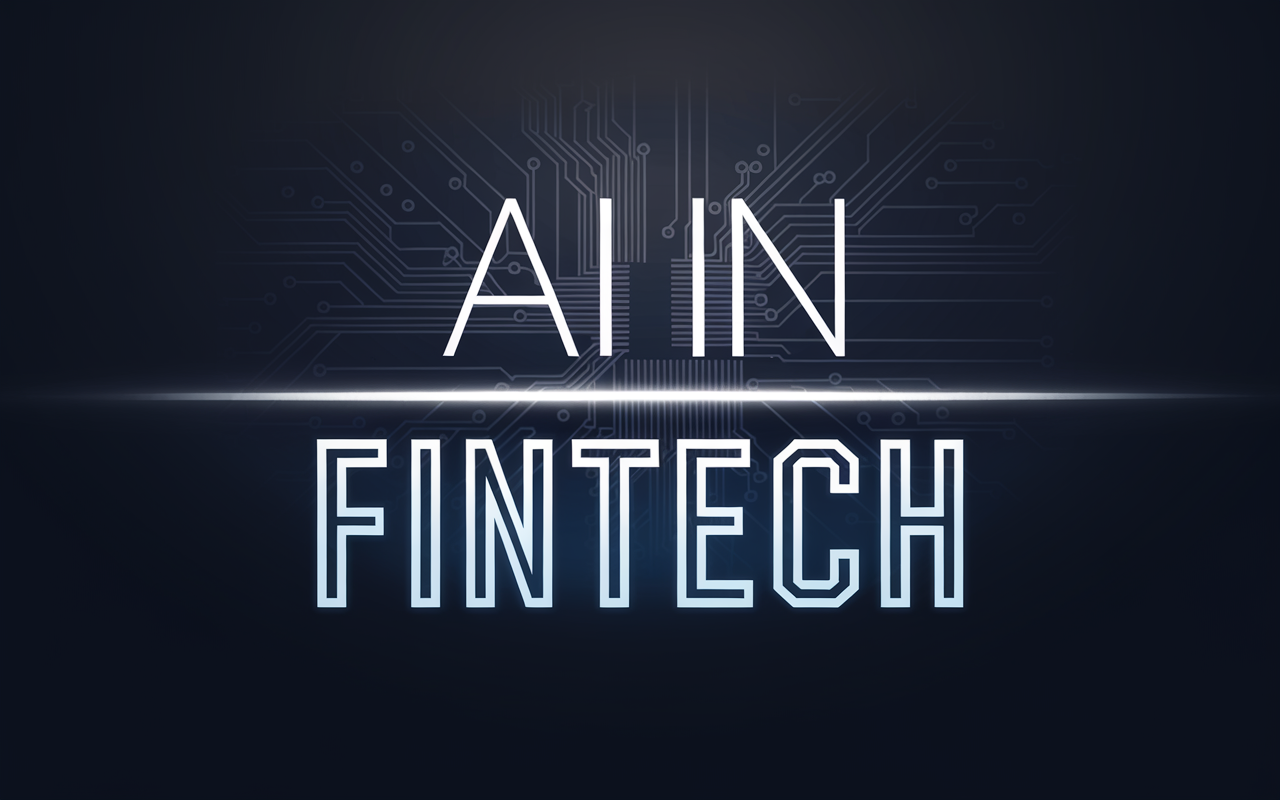
Introduction: AI's Transformative Impact on Fintech
Imagine a world where your bank anticipates your financial needs before you even realize them, offering personalized solutions in real-time. This isn't a scene from a sci-fi movie—it's the reality being shaped by Artificial Intelligence (AI) in the fintech industry. AI is no longer a futuristic concept; it's the driving force behind a revolution that's redefining how financial services operate, enhancing efficiency, bolstering security, and elevating customer experiences.
-
Automation of Repetitive Tasks: AI systems are revolutionizing back-office operations by automating mundane tasks such as data entry, report generation, and customer inquiries. This not only reduces the burden on human employees but also minimizes errors and accelerates processing times. (ScaleFocus)
-
Optimization of Resources: AI-driven analytics enable financial institutions to identify inefficiencies and reallocate resources effectively, leading to significant cost reductions and improved operational performance.
-
Hyper-Personalized Interactions: By analyzing customer behavior and preferences, AI tools deliver customized product recommendations, financial advice, and marketing campaigns that resonate with individual needs, enhancing customer satisfaction and loyalty.
-
24/7 Customer Support: AI-powered chatbots and virtual assistants provide immediate assistance around the clock, reducing wait times and ensuring consistent customer service experiences.
-
Anomaly Detection in User Behavior: AI systems continuously monitor transactions for suspicious activities, enabling instant responses to potential breaches and minimizing the risk of fraud.
-
Proactive Threat Mitigation: By learning from evolving threats, AI models adapt their defenses to counteract new forms of cyberattacks effectively, ensuring robust security measures are always in place.
-
Machine Learning for Transaction Monitoring: Unlike static rule-based systems, AI dynamically assesses transaction patterns to flag fraudulent behavior before damage occurs, enhancing the accuracy and speed of fraud detection.
-
Reduction in Financial Losses: The precision of AI-based fraud detection significantly lowers the financial and reputational impact of fraud incidents, protecting both institutions and customers.
-
Real-Time Analytics: AI engines process and analyze large datasets in seconds, turning raw data into insights that support timely business decisions and strategic planning.
-
Pattern Recognition and Trend Forecasting: Financial institutions use AI to identify market trends and customer preferences, giving them a competitive edge and the ability to anticipate market shifts.
-
Risk Anticipation: By studying historical data, AI can anticipate risks such as loan defaults or market downturns, enabling preemptive action and better risk management.
-
Customer Retention: AI predicts customer behavior, such as churn, allowing financial institutions to intervene with personalized offers and improve loyalty.
-
Faster, More Accurate Reports: AI eliminates manual effort in compiling financial reports, ensuring real-time accuracy and compliance with regulatory standards.
-
Enhanced Decision-Making: With quicker access to performance data, executives can make informed decisions faster, driving strategic growth.
-
Improved Credit Assessments: AI evaluates an applicant’s creditworthiness using alternative data and sophisticated scoring models, accelerating approvals and expanding access to credit.
-
Reduced Human Bias: Automation minimizes subjective errors, resulting in fairer and more transparent underwriting decisions.
-
Speed and Accuracy in Trading: Algorithmic trading systems powered by AI analyze market movements in real-time and execute trades with precision, optimizing investment strategies.
-
Better Risk Management: These systems adjust strategies based on market volatility, improving returns while controlling exposure to risk. (SmartDataCollective)
-
Streamlined Back-Office Operations: RPA automates repetitive administrative tasks, from compliance checks to data reconciliation, enhancing efficiency.
-
Scalability and Accuracy: RPA reduces manual errors and allows fintech firms to scale operations without significantly increasing headcount.

Posted by PDI Marketing Team
Pacific Data Integrators Offers Unique Data Solutions Leveraging AI/ML, Large Language Models (Open AI: GPT-4, Meta: Llama2, Databricks: Dolly), Cloud, Data Management and Analytics Technologies, Helping Leading Organizations Solve Their Critical Business Challenges, Drive Data Driven Insights, Improve Decision-Making, and Achieve Business Objectives.




